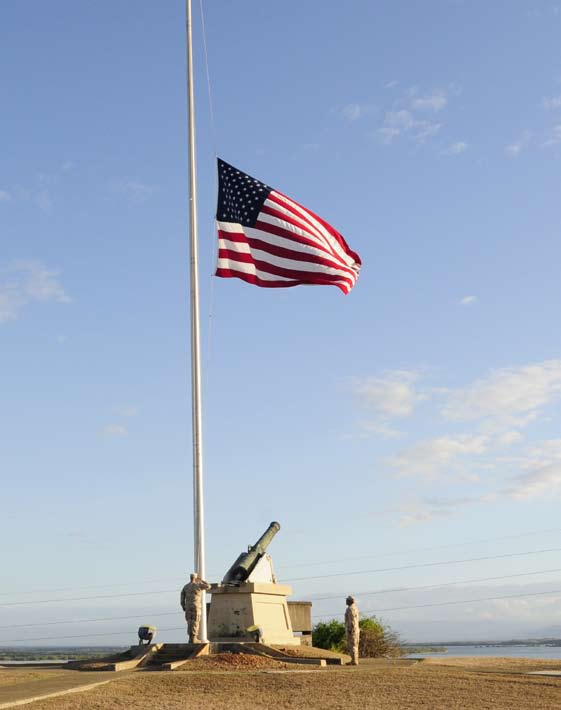In museum representations of contested periods of US history, narratives are often based on rigid notions of who constitutes the victim and the perpetrator. Examples include West As America’s revisionist interpretations of frontier art which implicated artists in the violence of westward expansion; Enola Gay’s highly critical depiction of the US and the atom bomb in…
Read moreGuantánamo Public Memory Project
Tag: Human Rights
Karen Greenberg Joins the National Dialogue
The Guantánamo Public Memory Project is thrilled to announce that Karen J. Greenberg will speak on December 14 at NYU’s King Juan Carlos Center as part of Why Remember Guantanamo? , the 2-day national dialogue to launch our traveling exhibit. Karen J. Greenberg, a noted expert on national security, terrorism, and civil liberties, is Director of the Center on National Security. She is the…
Read moreThe Irrelevance of Guilt
National Dialogue and Traveling Exhibit
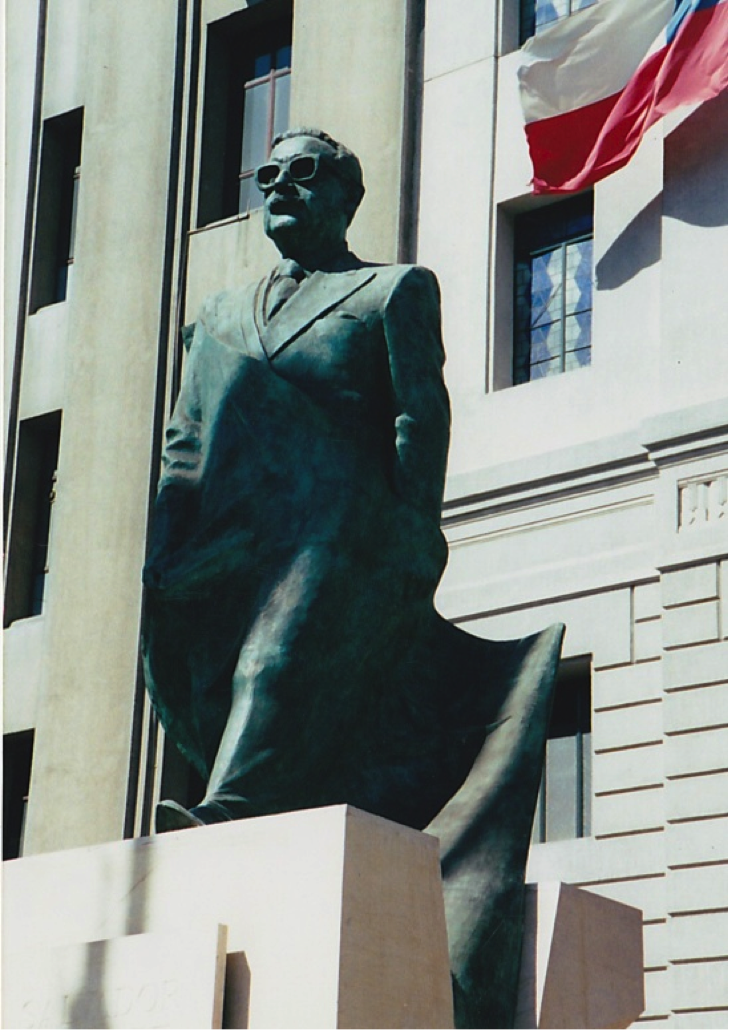
A year before 9/11 meant anything in the United States, I found myself cornered at a dinner party in Santiago, Chile, trapped into a conversation with a middle-aged man, a friend-of-a-friend of a second cousin of my host parents. He was trying to teach me about Pinochet and human rights, and I will never forget…
Read moreThe Gap Between American Ideals and Actions
National Dialogue and Traveling Exhibit
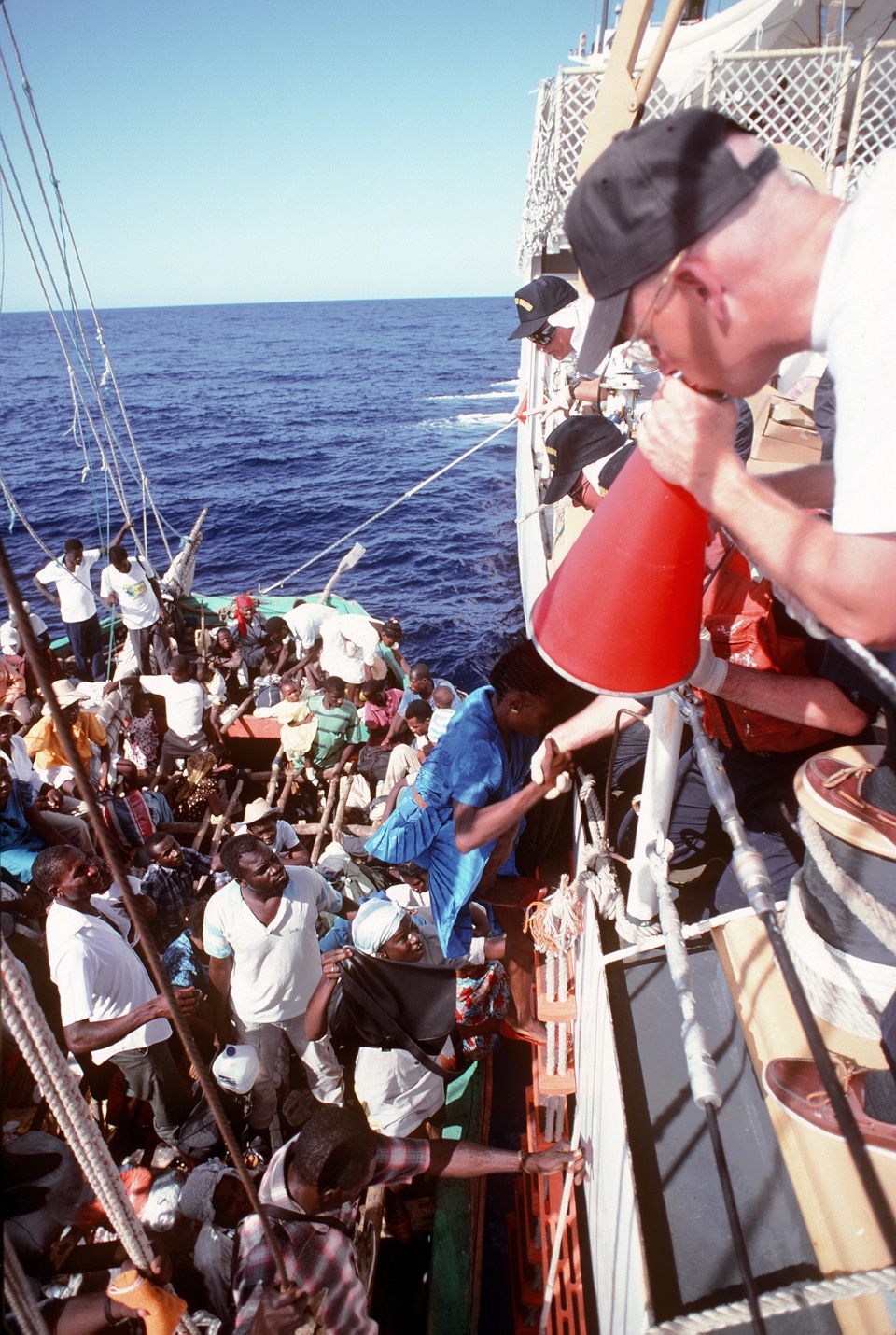
The gross treatment of Haitians in Guantánamo remains an appalling chapter of the site’s history. It featured everything that goes against American ideals. The fact that the United States has continuously exploited the legal black hole of Guantánamo is perplexing – why would a country that espouses liberty and freedom treat people so inhumanely?…
Read moreDifference between Enemy Combatants and Prisoners of War
National Dialogue and Traveling Exhibit
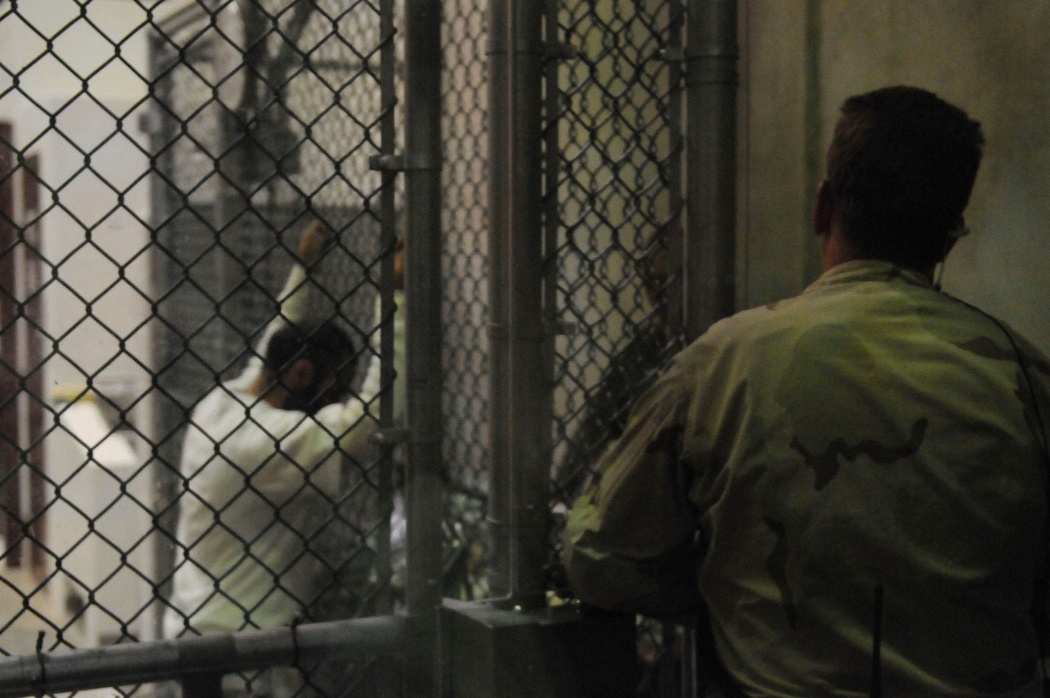
After the Spanish-American War, in 1903 the U.S. leased Guantánamo Bay, 45 square miles, from Cuba. The U.S. used Guantánamo Bay as a naval station. After the September 11, 2001 attack, the U.S. declared a “War on Terror.” The war on terrorism was a worldwide effort. The main targets were Al-Qaeda and the Taliban. The U.S.…
Read moreStates of Exception: Not Exceptional
National Dialogue and Traveling Exhibit
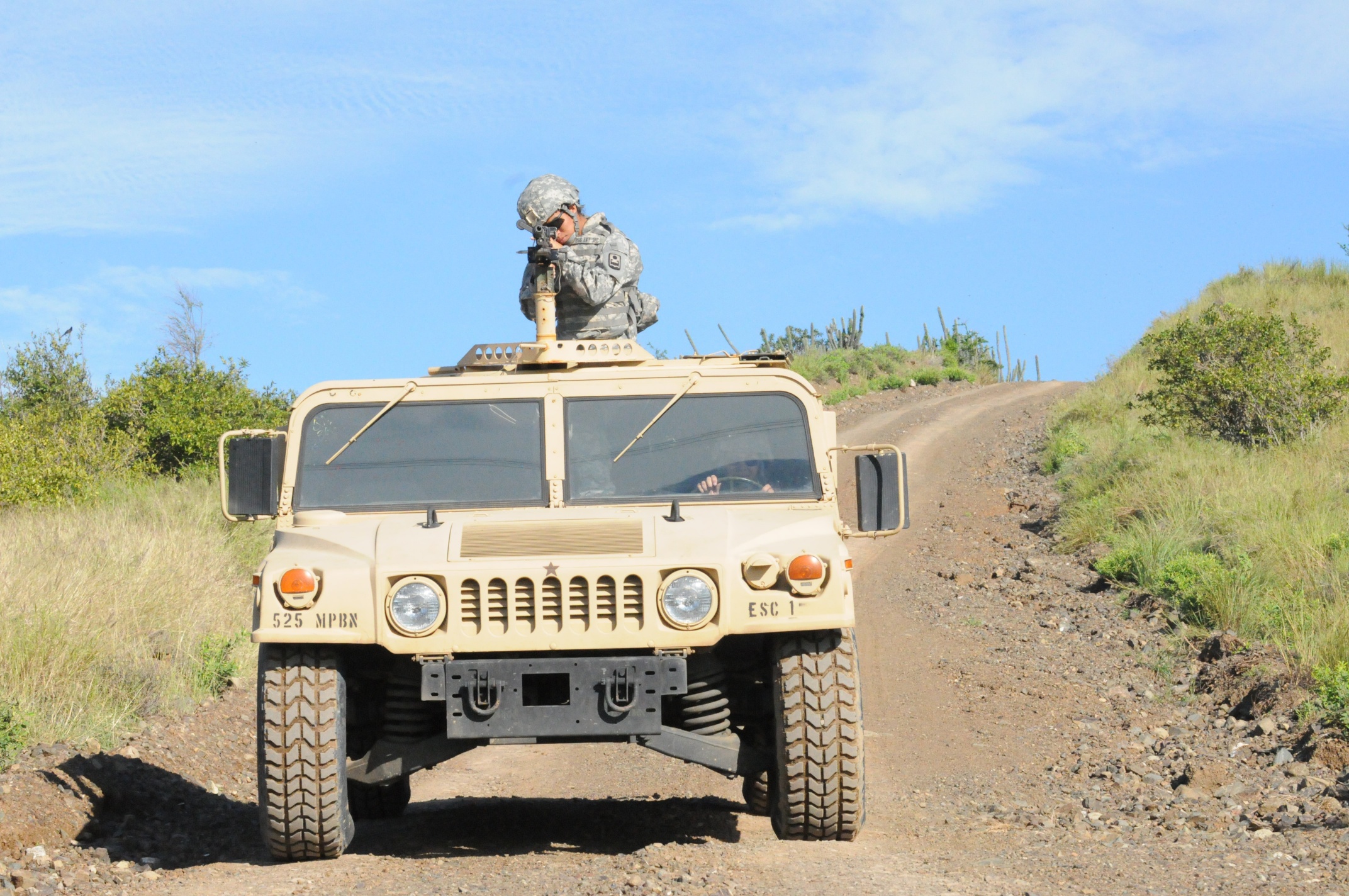
Guantánamo exists as a “state of exception” which has legitimated extraordinary policies, practices, executive measures, and laws since the US signed the lease agreement with Cuba in 1903. The lease gives Cuba sovereignty but grants the United States absolute jurisdiction over the land. This lease can only be revoked if both countries, namely the U.S.,…
Read moreAn American Concentration Camp
National Dialogue and Traveling Exhibit
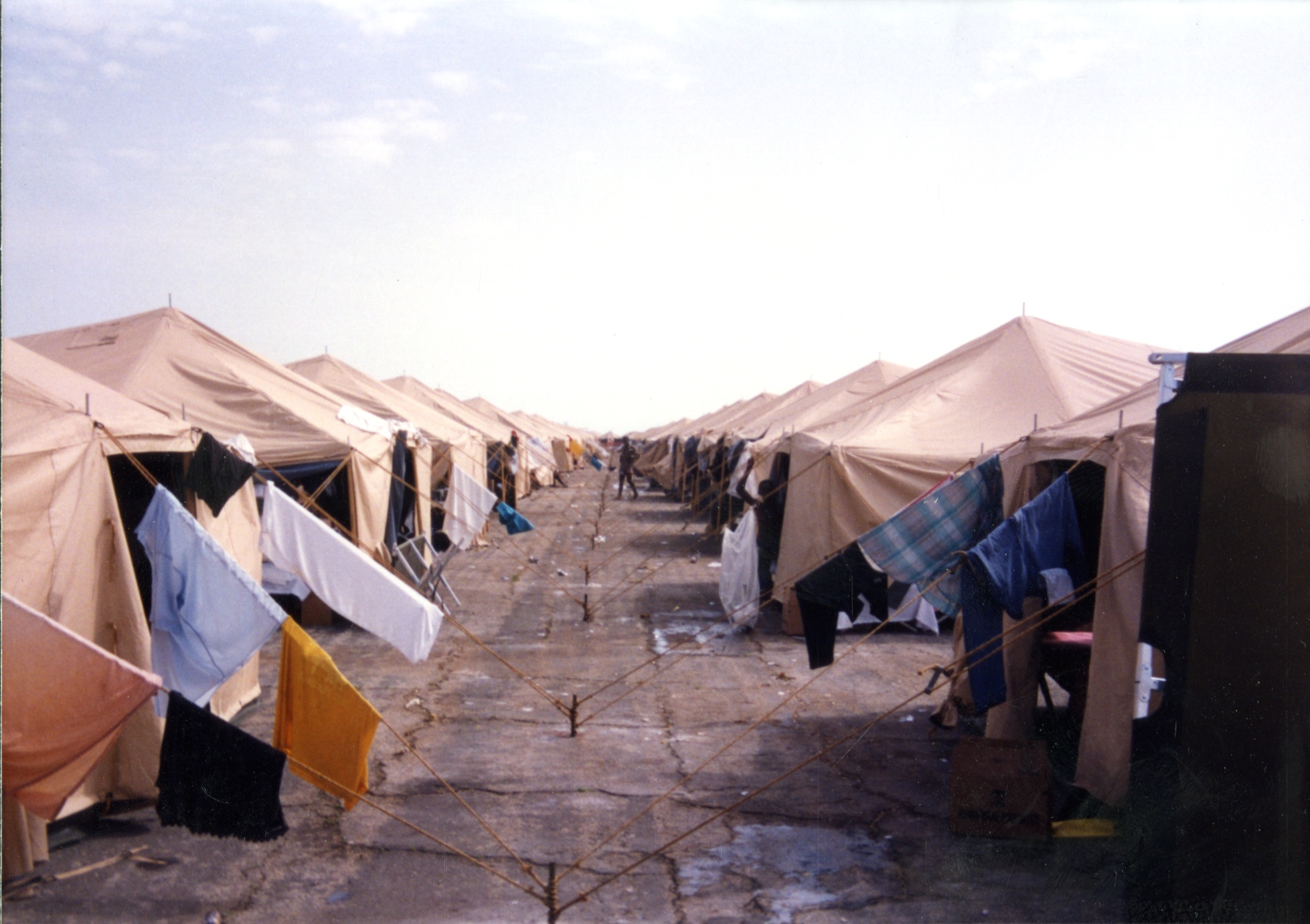
Concentration camp: A camp where persons (as prisoners of war, political prisoners, or refugees) are detained or confined; Internment center by a government to confine political prisoners or members of national or minority groups for reasons of state security, exploitation or punishment. Concentration camps in the Western world, I thought, were sites of human rights…
Read moreThe Historical Production of Silence at Guantánamo
National Dialogue and Traveling Exhibit
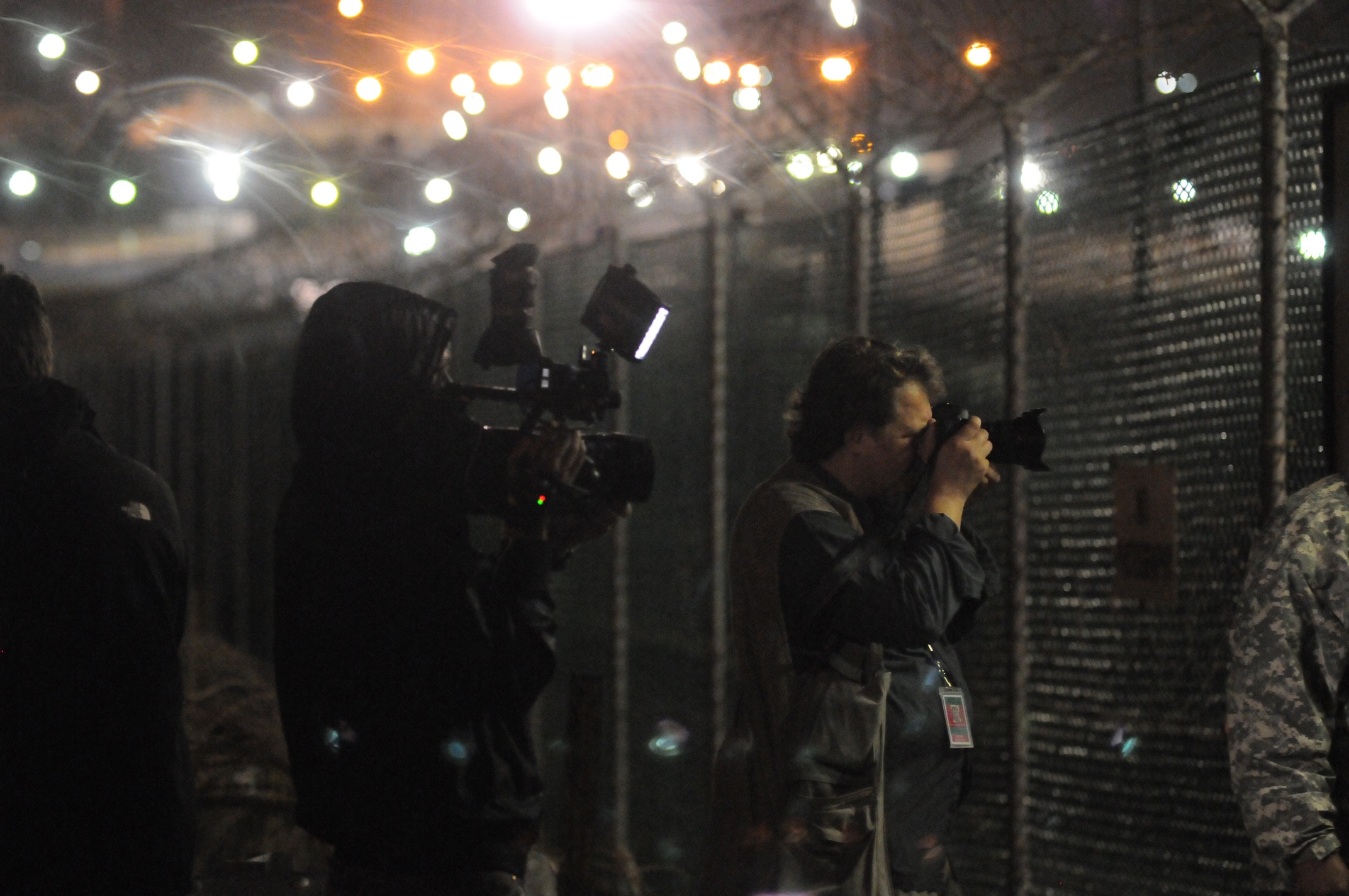
It is perhaps fitting that this post is being written on the day memorialized as the “discovery” of the New World by Christopher Columbus. The celebration of Columbus’ landing has less to do with historical truth and is, instead, an essential cornerstone in the construction of the narrative of American exceptionalism. Haitian scholar Michael-Rolph Trouillot,…
Read moreLegacy is Knowledge, Legacy is Power
National Dialogue and Traveling Exhibit
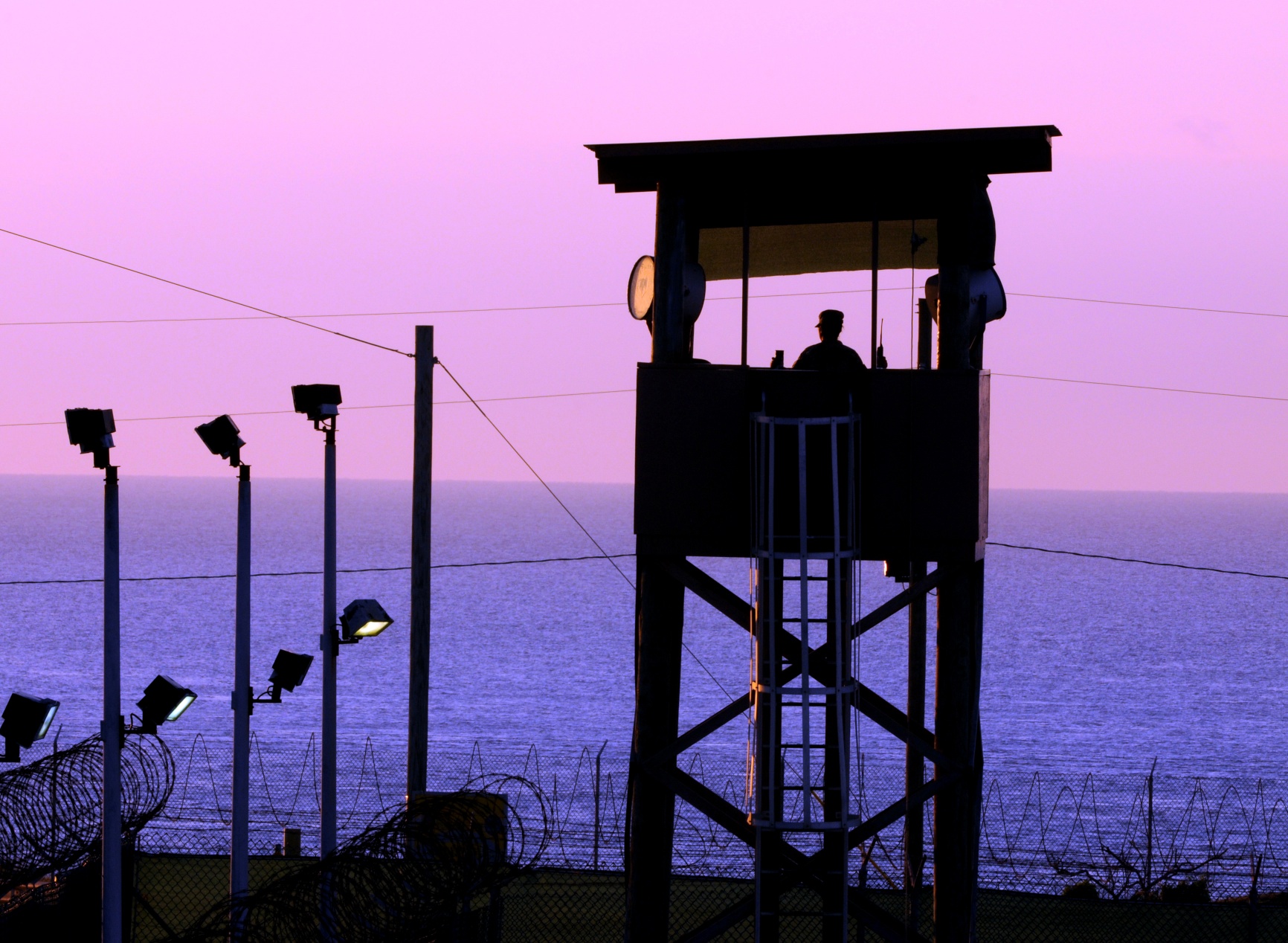
Museum exhibits often present stories to engage visitors with the past and encourage contemplation about the legacy of a particular chapter of history. What makes up a place’s legacy? Is it what we have learned from its history? Is it what we still have failed to learn from it? I recently read a 2003 article…
Read moreInterrogation and Torture at Guantánamo
National Dialogue and Traveling Exhibit

When the September 11th terrorist attacks occurred, I was a young teenager developing a personal interest in the world around me and the politics that controlled it. However, there wasn’t much to discuss in the aftermath of 9/11. President Bush had announced that “either you are with us, or you are with the terrorists,” and…
Read moreCreative: Picture Projects & Tronvig Group

